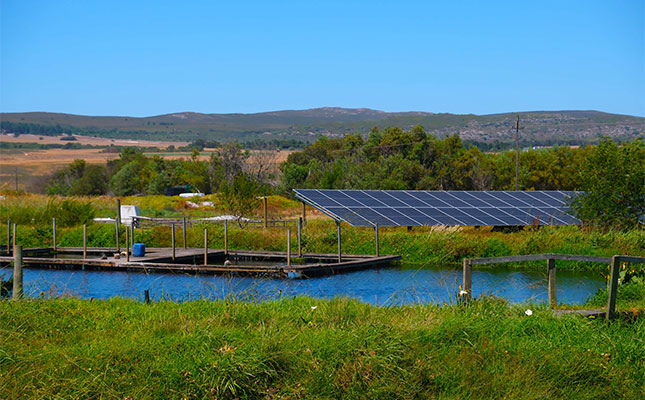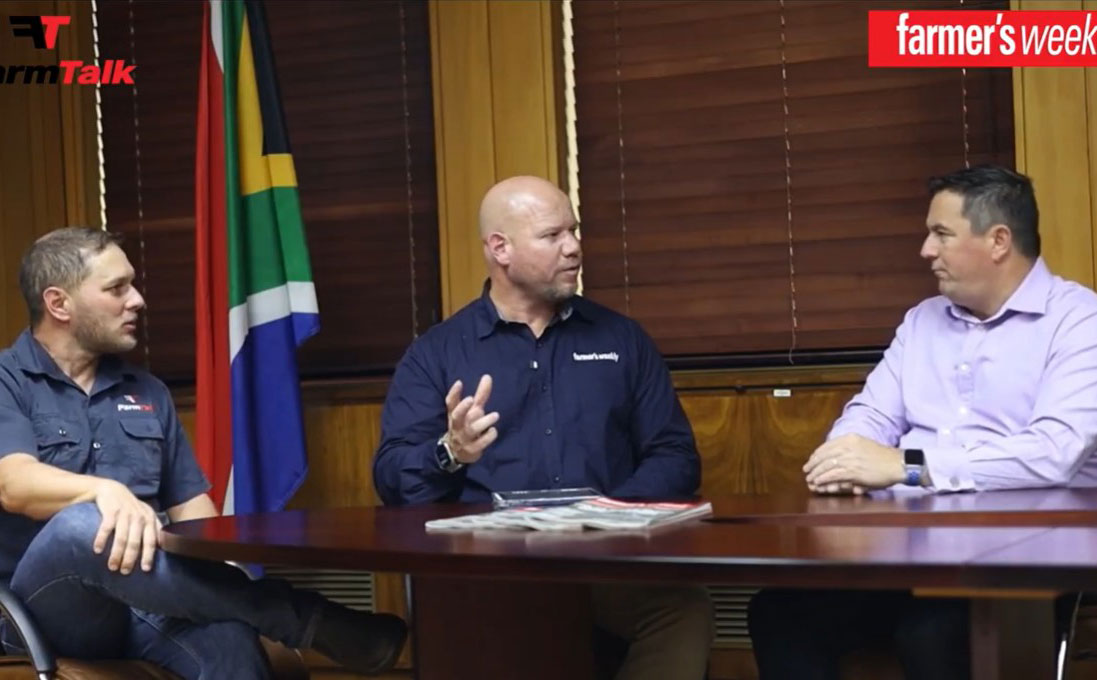It would appear that the Department of Agriculture, Forestry and Fisheries (DAFF’s) reason for not being able to deliver on some of its key mandates was not due to a lack of finance, but due to its inability to spend money allocated to it.
The department has failed to spend R103 million of its 2010/11 budget. DAFF was allocated R3,95 billion in the 2010/11 financial year, slightly more than the R3,8 billion it got the previous year.
According to the Budgetary Review and Recommendation Report of parliament’s Portfolio Committee on Agriculture, Forestry and Fisheries, dated October 2011, the department only spent 97% of its appropriated budget in 2010/11, which is less than the 99% it spent in 2009/10.
“The unspent amounts add up to R75,9 million and an unspent amount of R27 million was not accounted for, yet the department claims it couldn’t achieve some of its important objectives due to a lack of funds,” the report stated.
The R103 million under expenditure was attributed to an unpaid lease amount of R12,3 million for office accommodation as the building was not ready for occupation at the end of the financial year. According to the report, the department withheld transfer payments for the department’s Comprehensive Agricultural Support Programme (CASP), amounting to R33,7 million, and the department’s Ilima/Letsema project, amounting to R7,5 million, due to underspending by some provinces.
The department also failed to complete the fencing project on the Lesotho border, therefore underspending up to R2,9 million which will be rolled-over to complete the project. “This is a concern, given the risks that are associated with disease transfer across borders and stock theft along the Lesotho border,” the portfolio committee wrote.
Another concern was the failure to complete the registration of smallholder farmers through the Farmer Register Project, thus underspending R19,5 million which will also be rolled-over in order to complete the project. According to Laurie Bosman, DA MP and spokesperson for agriculture, forestry and fisheries, the underspending can be attributed to the lack of capacity within DAFF. He said there are not enough highly skilled people and added that failing to maintain the border and foot-and-mouth-disease red zone fences could have a detrimental effect on agriculture.
“Government should be highly criticised for its inability to maintain the fences while it had the money,” Bosman said. “This is because the department lacks capacity in the border areas.” Bosman added that another problem is that DAFF has no control or management system in place for provincial departments. “Once DAFF has released the money, there are no systems in place to manage what happens to it,” Bosman said.
Mike Mlengana, African Farmers’ Association of South Africa (AFASA) president, said it was a tragedy that the department had not spent the budget. He said the problem is that the department does not understand what its priorities are. “It lacks capacity in leadership,” Mlengana said and added that underspending on programmes such as CASP was a big problem.
“We have farmers who can’t plant and some lack infrastructure such as proper fencing. Yet, money is returned,” he said. He added that AFASA has requested the department to discuss with emerging farmers their issues of priority. “This money could be put to good use,” he said. – Peter Mashala
Get trusted farming news from Farmers Weekly in Google Top Stories.
➕ Add Farmers Weekly to Google ✔ Takes 10 seconds · ✔ Remove anytime






